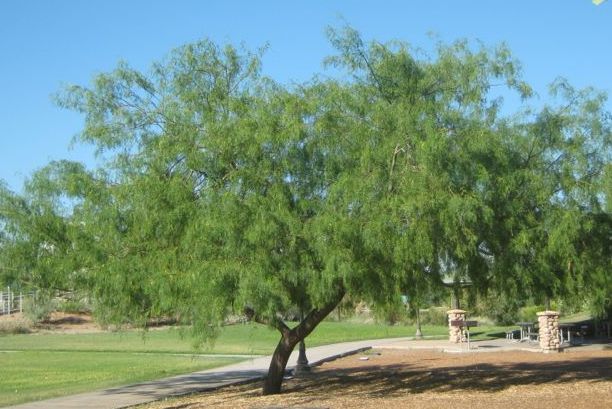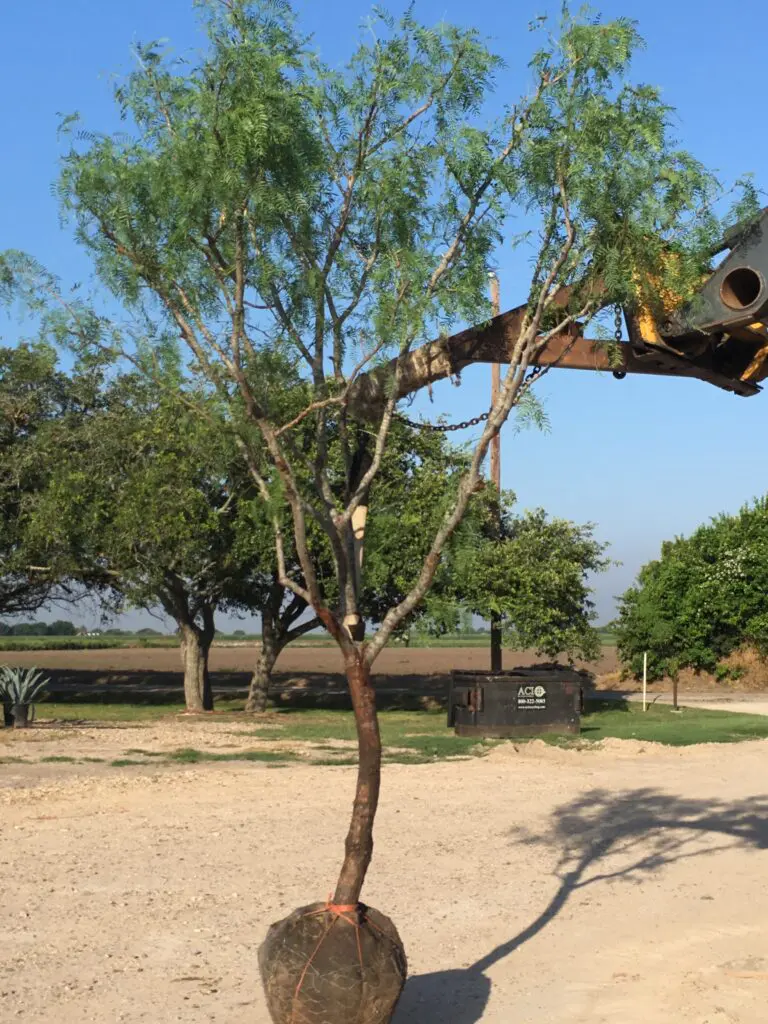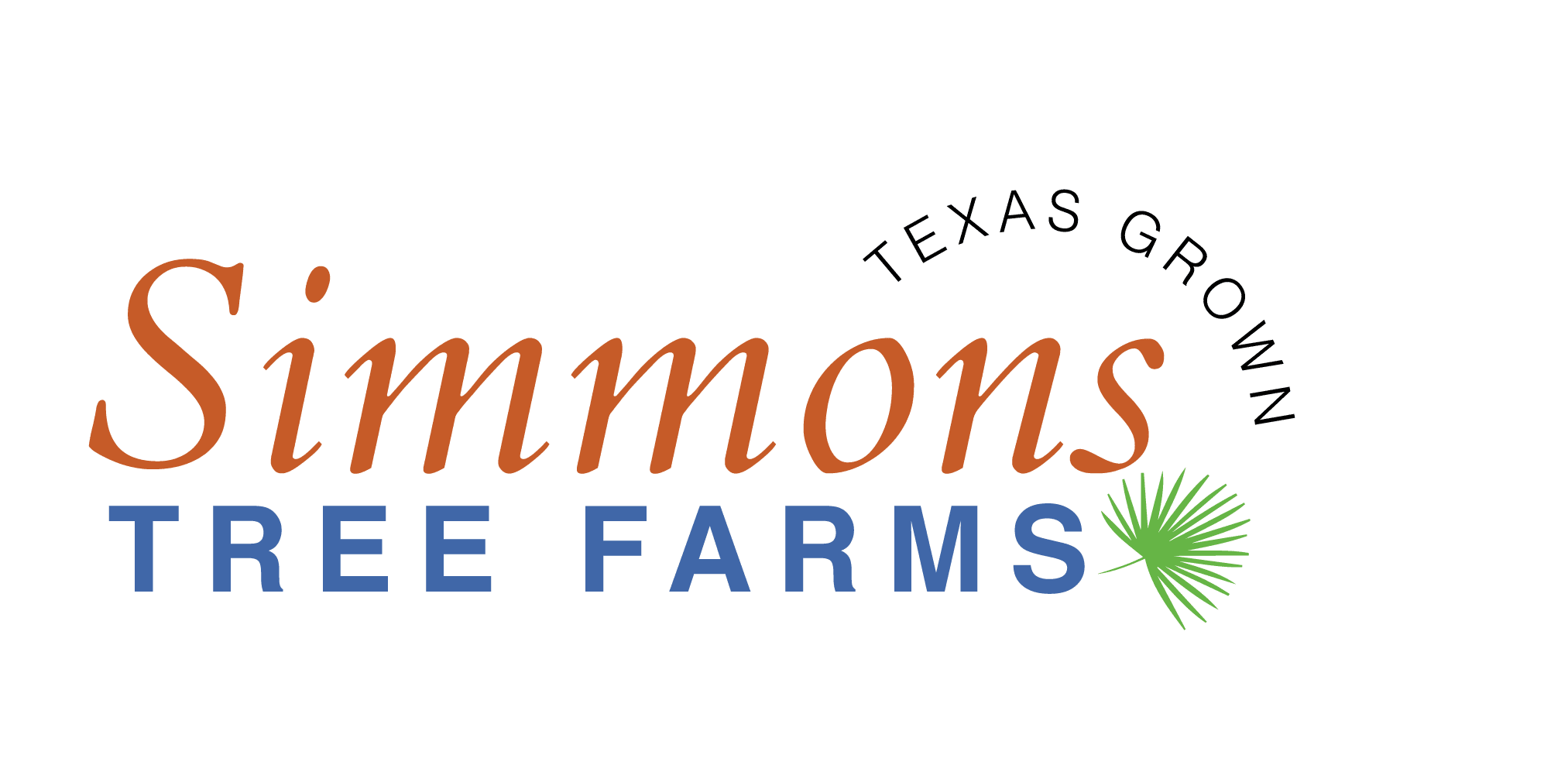The honey mesquite tree (Prosopis glandulosa) is a pod-bearing tree native to South Texas. This time of year, you may notice the sap oozing from parts of the trunk and branches. Well, that’s exactly why it’s called HONEY Mesquite. Some may say it’s for the sweet, honey producing flowers but I don’t think it’s that complicated.
HOW THEY GROW
Mesquites grow to a mature height of 20-40 feet tall and have a broad crown Most I see are wider than they are tall. It has crooked, drooping branches with a smooth, brown trunk that roughens with age.
The tree produces flowers in small clusters from March to November that are a pale yellow color and are an excellent honey source. The bean or pea-like pods come next. They are spines along the large nodes on the branches. The pods are edible and the seeds inside are flat and narrow, resembling coffee beans.
WATERING
Mesquite trees grow in barren sites. They need little to no watering after the 1st year. These trees grow very fast. Really fast. In fact, if you plant your mesquite in a regularly watered lawn it will grow tall and lush but will have a shallow root system — the kind that is likely to blow over in a strong windstorm. Infrequent, deep watering is best. It encourages the roots to go deep in search of water.

USES – Old and New
Long before the first European settlers came to Texas, Native Americans used mesquite in its entirety. It was an integral part of their culture. They made sewing needles from the thorns and used the inner bark to make baskets and fabric. The bean pods served as food and were used to make medicinal tea. The mesquite’s sap was used for black dye and sweet gum, and the wood was used to make arrows and bows for hunting.
Today, many people associate mesquite with delicious barbecue. It is also used in furniture making and is still used as a food source in items such as jellies, honey, liquid smoke and flour made from grinding the whole pods. It provides livestock fodder and shade, as well as food for deer and turkeys.

Mesquite is a host plant to Reickers bluebutterfly and the long-tailed skipper. Its sweet blossoms are also a great nectar source.
Simmons Tree Farms Wholesale Nursery offers many sizes of Honey Mesquite trees for sale to the landscape industry.
Contact us at (956) 425-5859 for pricing and availability.

Hi how can i purchase one of these honey mesquite ttees and how much are they?
Thank you
HELLO
IVE BEEN LOOKING EVERYWERE FOR HONEY MESQUITE. WE DO OUR OWN LANDSCAPING ON RENTAL PROPERTIES. I NEED 6-8 OF THESE TREES. IM OUT OF DEEP EAST TEXAS AND COULD COME GET THEM. I CAN EVEN OPEN A ACCOUNT UP IF NEED BE.
THANKS
Paul, Sorry but I just saw your comment. If you haven’t already called the office, that is the best way to contact us. 956.425.5859 Anyone who answers is able to help you open an account and place an order. Thanks for your interest.